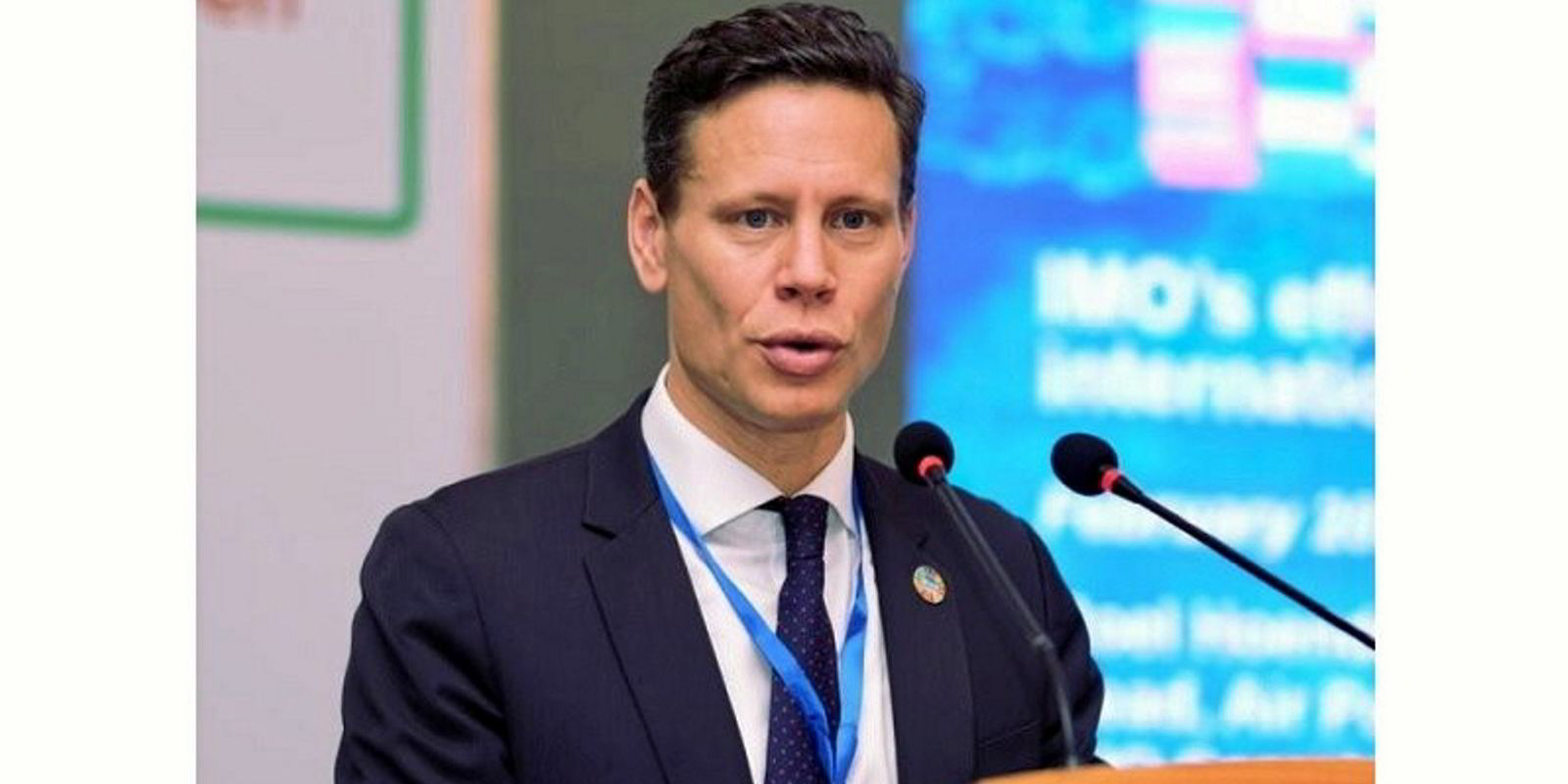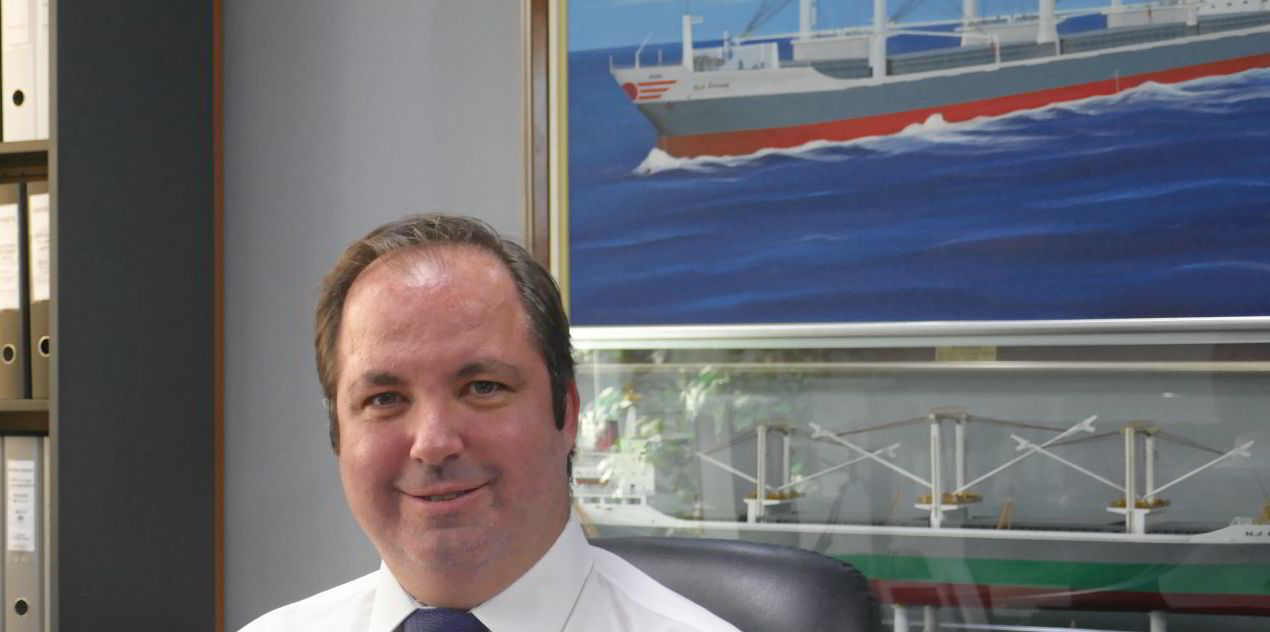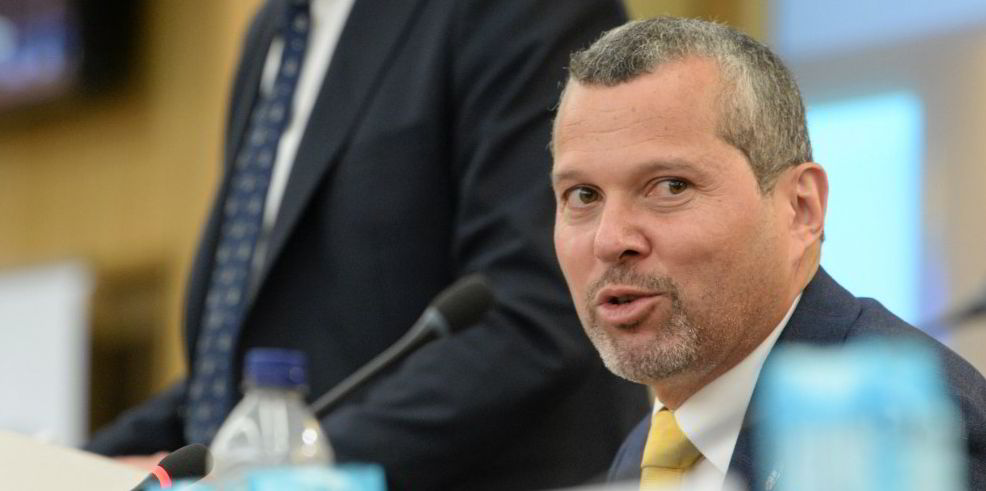The International Maritime Organization is actively looking into changing parts of its controversial carbon rating scheme, a senior IMO official said on Tuesday.
Revisions could apply to the Carbon Intensity Indicator (CII) and to the interim guidelines used to calculate it, said Roel Hoenders, head of the IMO’s climate action and clean air.
“It’s a completely new mechanism for the IMO, so I don’t think it’s unusual that there are elements in the CII that require fixing, and we will look into that,” Hoenders told the Maritime Cyprus conference in Limassol.
His statements come nearly a month after the IMO’s designated secretary general Arsenio Dominguez told shipping players in London that he was hearing their complaints about the CII “loud and clear”.
Hoenders acknowledged on Tuesday that the global shipping regulator has received “quite a number of concerns” about how the CII works in practice — both from shipping companies and from IMO member states.
A few minutes before, he had been asked to comment on the CII by Ioannis Efstratiou, a senior official with Cyprus’ shipping deputy ministry, who said the way the regulation actually works “doesn’t serve its philosophy”.
“Some ships are rated as ‘D’ and ‘E’ [the worst ratings under the CII] for reasons not on their hands, for instance, port delays or not in a position to receive clean power supply,” Efstratiou said.
Other criticism raised by industry players has been that their ships are collecting bad ratings due to decisions by charterers, that some shortsea operators could go out of business because of it or that vessels not covered by the regulation start encroaching on cargoes usually transported by vessels that are.
Hoenders on Tuesday addressed an “open invitation” to maritime companies to share their experiences.
“We do want actively that those facing these issues share them within the IMO,” he said, adding: “We can then follow up with an analysis and come up with any regulatory changes that need to be made — both for the regulations and the guidelines.”
The CII regulation entered into force earlier this year and already envisages a mechanism to revise it by 2026. A specific revision timetable was agreed at the IMO’s Marine Environment Protection Committee in July.
Critics, however, want at least some parts of the revision to move faster, to avoid commercial disadvantages for their vessels due to clauses in charterparties.
Hoenders said charterparties are primarily a matter between private industry players before the IMO can deal with them.
“We believe that these contractual arrangements need to be addressed by the industry — then member states, industry organisations come back to us and tell us how they want the regulatory framework to be changed,” he said.





